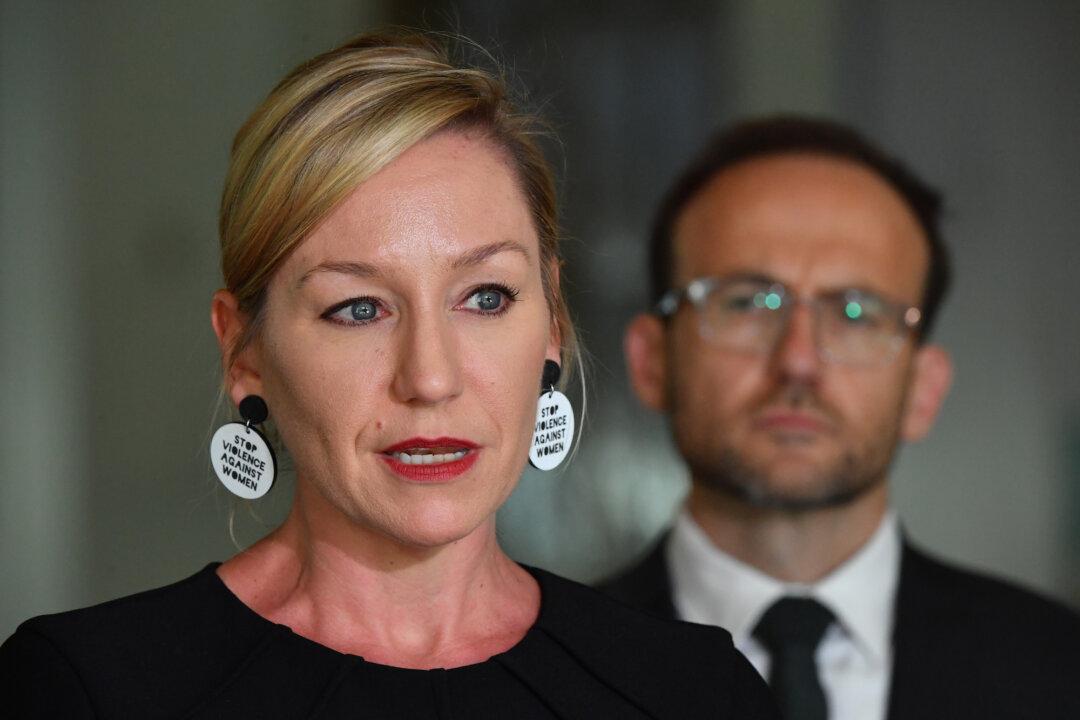The federal government is under pressure to create more strident measures around political donations after the Australian Electoral Commission released the financial details of political donations for the last financial year on the transparency register.
The Greens have called on the federal government to tighten the regulations around political donations after an examination of the Australian Electoral Commissions Transparency Register revealed that the Liberals, Nationals and Labor received $241 million (US$166 million) in political donations in the 2021-22 financial year, with millions contributed by coal and gas corporations and their lobby groups.




